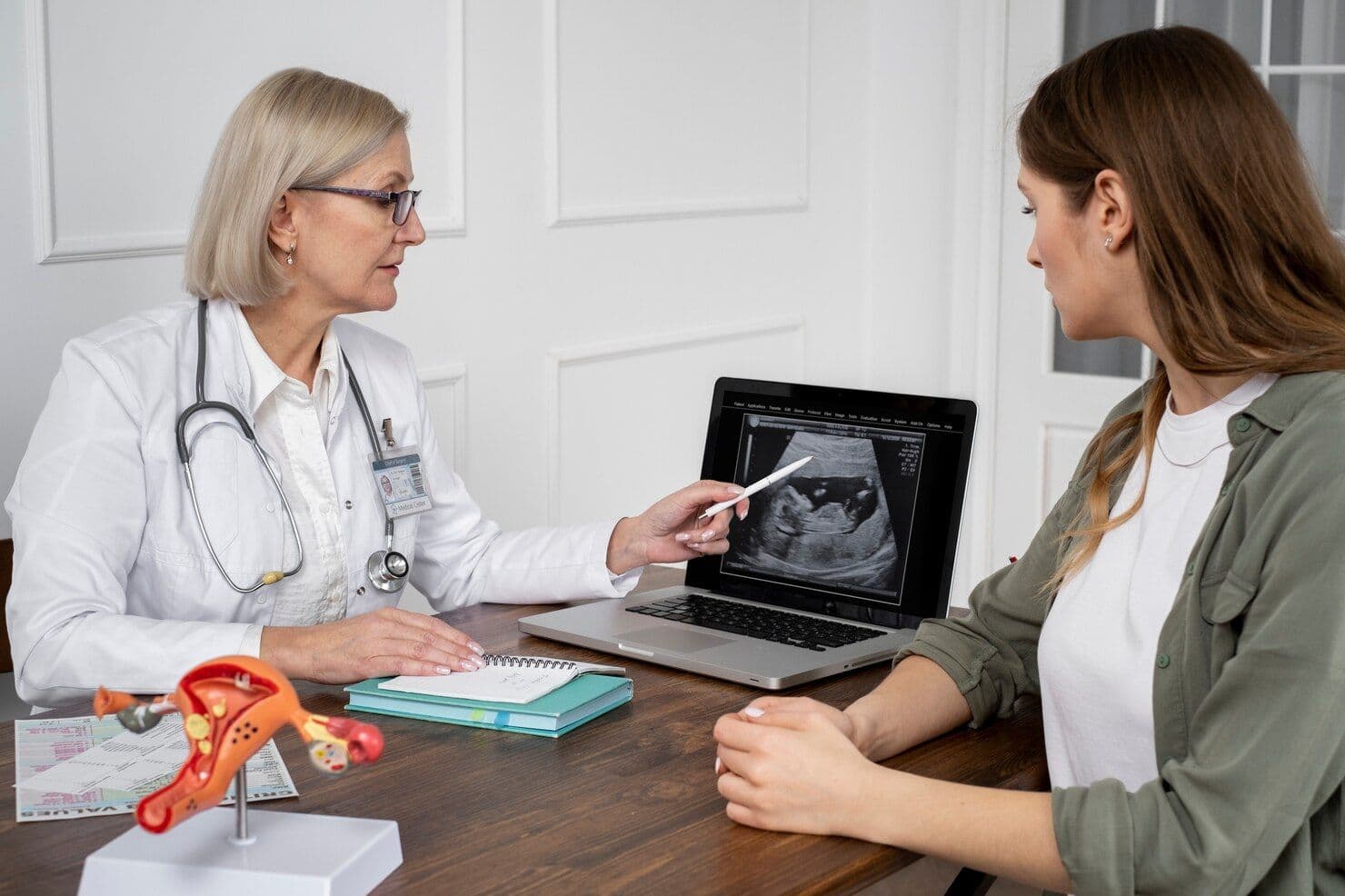When most women hear about annual gynecological exams, the first thing that comes to mind is the Pap smear. While this screening test plays a vital role in detecting cervical cancer, it’s just one part of a much bigger picture. An annual exam provides a holistic approach to women’s health, helping to detect, prevent, and manage conditions early on. Whether you are in your teens, 30s, or approaching menopause, these visits are essential for maintaining reproductive, hormonal, and overall well-being.
In this article, we’ll explore why annual gynecological exams matter, what to expect during your visit, and why these checkups go far beyond a Pap smear.
Why Are Annual Gynecological Exams Important?
- Early Detection of Health Concerns
Annual exams allow your gynecologist to identify potential issues such as fibroids, ovarian cysts, or endometriosis at an early stage. Detecting these conditions early can prevent complications and reduce the need for invasive treatments later. - Comprehensive Reproductive Health Care
These visits cover more than reproductive organs. Gynecologists assess breast health, menstrual health, fertility concerns, and any changes in the reproductive system that could affect your quality of life. - Monitoring Hormonal Health
Hormonal imbalances can cause irregular periods, mood swings, hair loss, or unexplained weight changes. Your annual exam is the best time to discuss symptoms and get blood work if necessary. - Sexual Health and Contraception Guidance
Whether you are considering birth control, planning a pregnancy, or approaching menopause, your gynecologist can guide you through safe options. Annual exams also include STI screenings when needed. - Mental Health Support
Gynecological health is closely tied to mental health. Conditions such as PCOS or menopause can cause emotional stress. Annual visits give you an opportunity to discuss anxiety, depression, or fatigue with your provider.
What Happens During an Annual Gynecological Exam?
Many women feel nervous before their annual appointment, especially if they are unsure what to expect. Here’s a breakdown of what typically happens during the visit:
- Medical History Review: Your doctor will ask about your menstrual cycles, sexual activity, pregnancies, medications, and overall lifestyle.
- Physical Exam: This may include checking your breasts, abdomen, and pelvic area.
- Pap Smear (if needed): Depending on your age and history, you may receive a Pap test to check for cervical abnormalities.
- Screening Tests: Your gynecologist may recommend blood tests, mammograms, or bone density tests based on your age and risk factors.
- Counseling: You’ll have a chance to discuss topics such as contraception, fertility planning, menopause symptoms, or lifestyle changes.
It’s More Than Just a Pap Smear
Many women assume that if they don’t need a Pap smear, they can skip the exam altogether. However, your annual visit is about much more:
- Breast Health: Clinical breast exams can detect lumps or abnormalities.
- Pelvic Health: A pelvic exam helps detect cysts, fibroids, and other issues.
- General Wellness: Your provider will often check blood pressure, weight, and discuss healthy habits.
- Preventive Care: Vaccines like HPV and screenings for diabetes or thyroid issues may be recommended.
Skipping your annual exam could mean missing out on crucial preventive care.
When Should You Start Annual Gynecological Exams?
- Adolescence: The American College of Obstetricians and Gynecologists (ACOG) recommends that girls have their first visit between the ages of 13–15 for counseling, though a full pelvic exam isn’t always required.
- Adulthood: Women 21 and older should start routine exams that may include Pap smears.
- Menopause and Beyond: Even after menopause, annual visits remain essential to monitor bone density, cardiovascular health, and hormone changes.
How to Prepare for Your Appointment
- Write down any symptoms or concerns ahead of time.
- Know your menstrual cycle dates if possible.
- Bring a list of medications you are taking.
- Don’t be afraid to ask questions—your gynecologist is there to help.
Final Thoughts
Your annual gynecological exam is one of the most important steps you can take for long-term health. It’s not only about Pap smears but also about preventive care, reproductive health, and overall wellness. By keeping up with these yearly visits, you can feel confident that you’re taking proactive steps for your body and your future.
Take Charge of Your Health Today!
Schedule your annual gynecological exam at Clinique Molière, Brea, CA. Call us now at (714) 948-5655 to book your appointment and experience compassionate, comprehensive women’s health care close to home.

